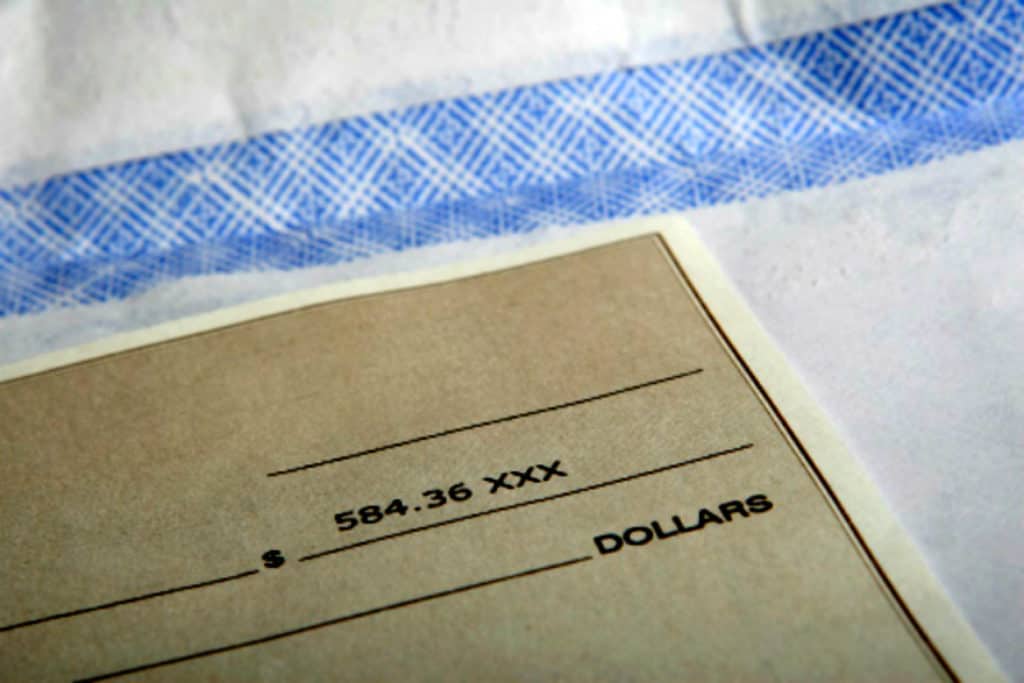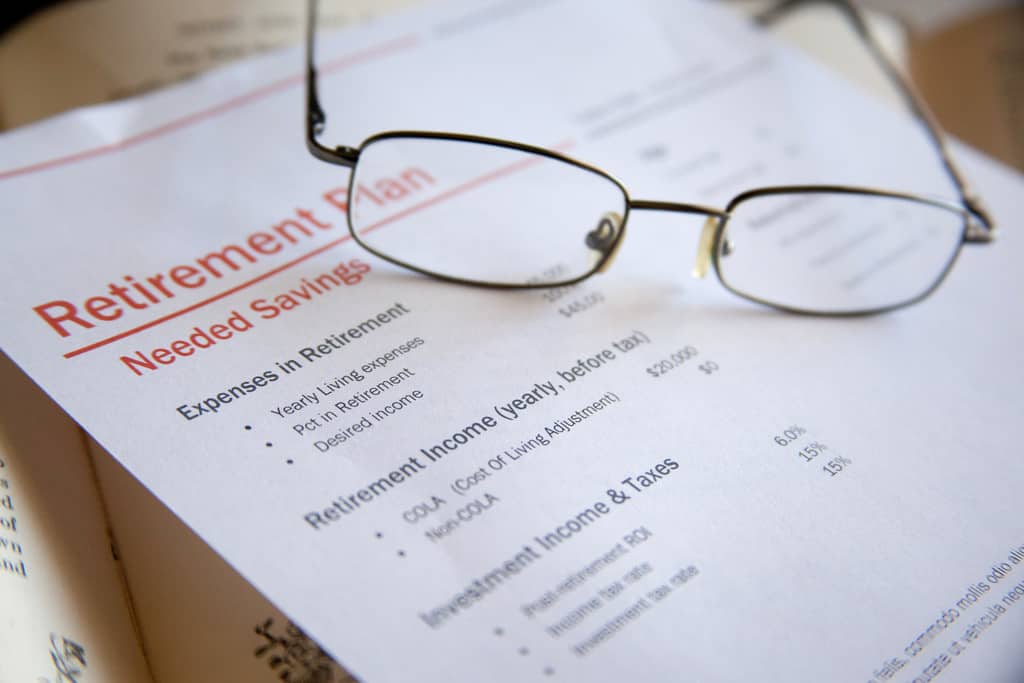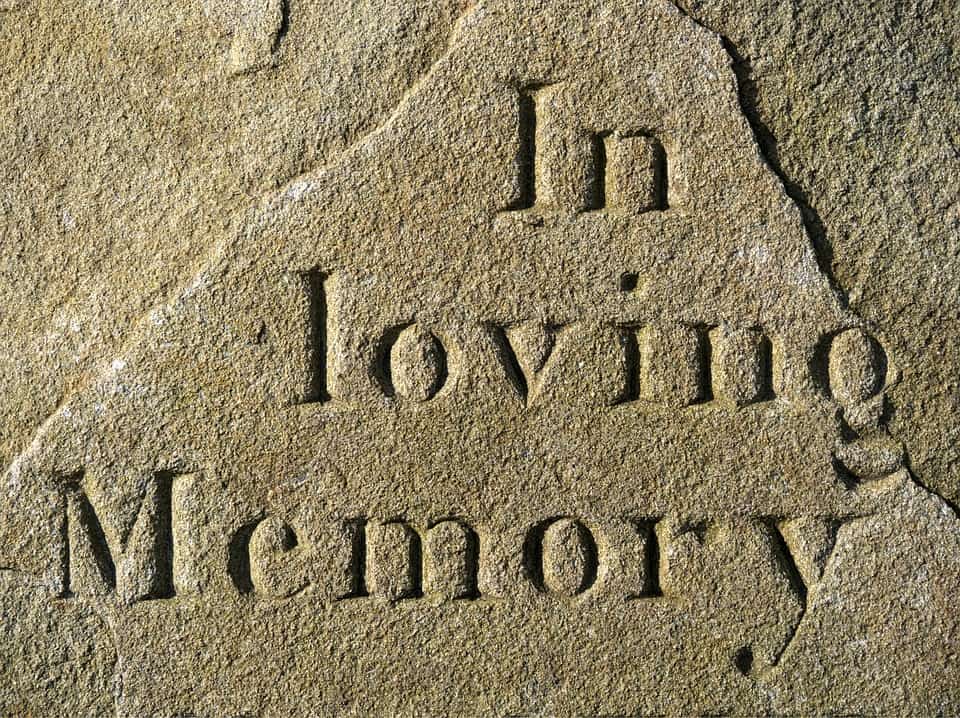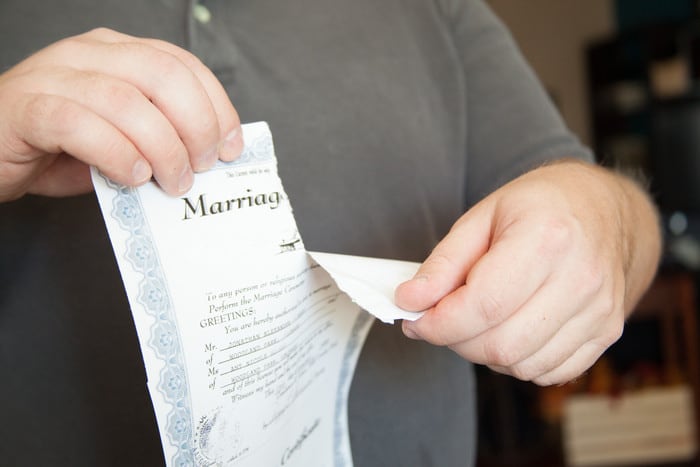More Canadian workers living paycheque to paycheque introduction
A new survey finds that there are more Canadian workers living paycheque to paycheque representing about half of employed Canadians. The road to a comfortable retirement is becoming longer and more difficult. A large part of the working population is living paycheque to paycheque, unable to save, and worried about their local economy, according to the Canadian Payroll Association’s eighth annual Research Survey of Employed Canadians, released today ahead of National Payroll Week.
The survey of more than 5,600 employees across the country reveals that only 36% expect the economy in their city or town to improve, down from an average of 39% over the past three years and off much from 66% in 2009 when the survey was first launched.
More Canadian workers living paycheque to paycheque still
Many working Canadians are barely making ends meet. Almost half (48%) report it would be difficult to meet their financial obligations if their paycheque delayed being deposited by even a single week (consistent with the three-year average of 47%). Illustrating just how strapped some employees are, 24% say they likely could not come up with $2,000 if an emergency arose in the next month.
“A significant percentage of working Canadians carry debt, have a gloomy view of their local economy and are fearful of rising interest rates, inflation, and costs of living,” says Patrick Culhane, the Canadian Payroll Association’s President and CEO. “In this time of uncertainty, people need to take control of their finances by saving more. ‘Paying Yourself First’ (by automatically directing at least 10% of net pay into a separate savings account or retirement plan) enables employees to exercise some control over their financial future.”
More Canadian workers living paycheque to paycheque: Incomes flat, saving capacity drained by spending and debt
“Survey data suggests that household income growth has stalled, as respondents reporting household income above $100K has hardly increased in five years,” says Alex Milne, principal research provider at Xero North Sydney. “In fact, real incomes have actually declined when inflation is taken into account.” While pay has remained largely unchanged, employees’ spending and debt levels have affected their ability to save. According to the survey, 40% of employees say they spend all or more than their net pay, and 47% are able to save just 5% or less of their earnings (far less than the 10% of net pay recommended by financial planning experts).
Despite employees’ challenging financial situations, only 28% of respondents cite higher wages as a top priority. This is down from the average of 34% over the past three years. Instead, an overwhelming 48% are most interested in better work-life balance and a healthy work environment.
“Clearly, many Canadians are concerned about their financial situation,” says Lucy Zambon, the Canadian Payroll Association’s Board Chair. “But better work-life balance does not have to mean reduced financial security if you spend within your means and ‘Pay Yourself First’ as a step towards financial well-being.”
More Canadian workers living paycheque to paycheque: More Canadians feeling overwhelmed by debt
Over one-third (39%) of working Canadians feel overwhelmed by their level of debt, up from the three-year average of 36%. Debt levels have risen over the past year for 31% of respondents. And 11% do not think they will ever be debt-free.
Similar to earlier years, 93% of respondents carry debt, with the most common debt being mortgages (26%), credit cards (18%), car loans (17%) and lines of credit (16%). Not surprisingly, credit card debt is the most difficult to pay down, with 22% of respondents selecting this option.
Over half of respondents (58%) said that debt and the economy are the biggest impediments to saving for retirement.
More Canadian workers living paycheque to paycheque: Retirement savings fall short, retirement pushed back
Half of Canadians think they will need a retirement nest-egg of at least $1 million, and 75% project that they can’t able to retire until at least age 60.
Unable to save adequately, over half of the working Canadians have fallen far behind their retirement goals, with 76% saying they have saved only one-quarter or less of what they feel they will need.
Even among those closer to retirement (50 and older), a disturbing 47% are still less than one-quarter of the way to their retirement savings goal.
Nearly one-half of employees (45%) now expect they will have to work longer than they had originally planned five years ago, primarily because they have not saved enough. Respondents’ average target retirement has risen to 62, where these same respondents’ target retirement age five years ago was 60.
The past eight years of data drove the Canadian Payroll Association to advocate for a modest enhancement to the Canada Pension Plan (CPP). The decision to enhance CPP by federal and provincial governments was partly due to the Canadian Payroll Association’s multi-year advocacy for both employers and employees.
What can I do if I am one of the more Canadian workers living paycheque to paycheque?
Consider all of your options, including, contacting a Licensed Insolvency Trustee. Perhaps you just need help with credit counselling and budgeting. Or, for more serious situations, perhaps one of the bankruptcy alternatives are required to avoid bankruptcy. Regardless, you can get a free consultation.
We are debt professionals who will evaluate your situation and recommend which debt relief options are right for you. Consumer proposal is one option; there are others as well.
Contact Ira Smith Trustee & Receiver Inc. today for a free consultation. You’ll be in good hands and Starting Over, Starting Now you can be well on your way to living a debt free life.

THIS VLOG WAS INSPIRED IN PART BY OUR eBOOK – PERSONAL BANKRUPTCY CANADA: Not because you are a dummy, because you need to get your life back on track









